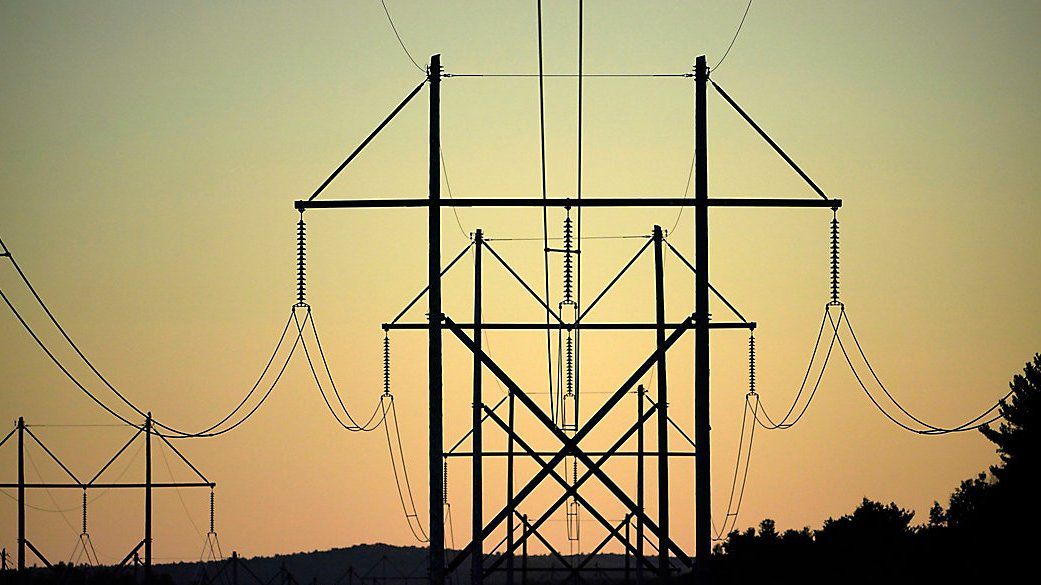New York should expand its energy sources and new technologies to be included under the definition of zero emissions sources as the state seeks to transition to cleaner and more renewable forms of fuel in the coming decades, Republicans in the state Senate on Monday said.
Senate Minority Leader Robert Ortt and Republican lawmakers on the chamber's Energy Committee submitted public comments as part of the Public Service Commission's moves to meet the goals under the Climate Leadership and Community Protection Act.
“New York has made great strides over the past decades in reducing its carbon footprint but we have done so in a smart and responsible manner," Ortt said. "We can achieve a clean energy future, but we must do so taking into account the reliability needs of the power grid and the health and safety of all New Yorkers."
The comments from the Republicans underscore the concerns GOP lawmakers in the Legislature have raised with the push to rely on wind, solar and hydroelectric power: The transition will be a costly one for New Yorkers' utility bills and could create supply strains.
“As a Conference, we have advocated for a comprehensive reliability study to ensure the State’s electricity grid can handle the mandates under the CLCPA and recommendations made in the Climate Action Council’s Scoping Plan for transitioning to a zero emissions electricity grid by 2040," the lawmakers wrote. "We have also advocated for an approach of using any energy source which will help the State reduce emissions."
New York City alone is expected to have a deficiency of up to 446 megawatts of energy as early as 2025, according to the New York Independent System Operator, an industry group.
The state is set to address the use of carbon emissions in order to curtail the effects of climate change. Major offshore wind projects are underway off the coast of Long Island.
PSC Chairman and Chief Executive Officer Rory Christian last week after a legislative hearing acknowledged the change could present complications — including higher energy costs.
"I think that might be one of many challenges we have to face and we're going to need to look at this from a variety of different perspectives," he said. "It's going to require an all-of-government solution."


